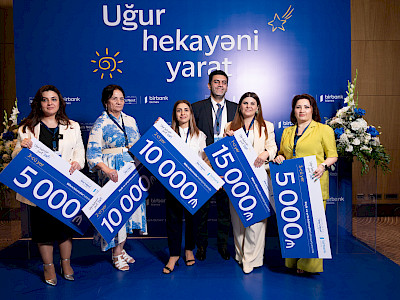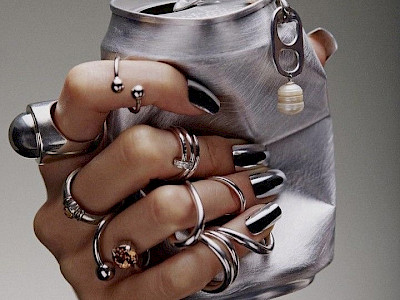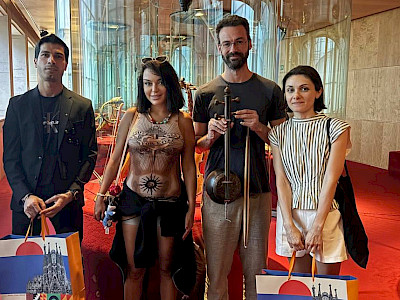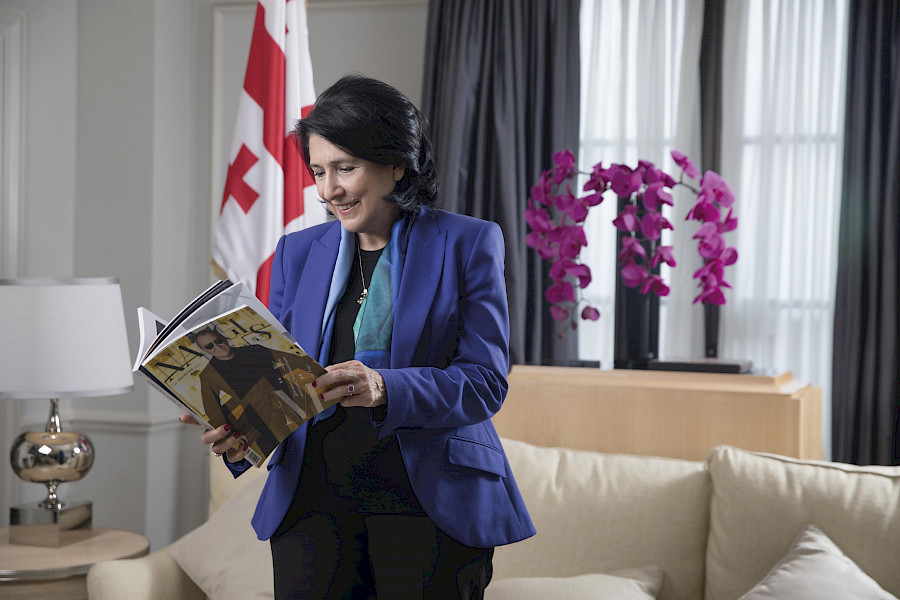
Women have made a long, thorny path, on which the fires of the Inquisition flared, then Domostroi’s laws ruled, she changed lace dresses for steel armor, made revolutions in minds and barricades, step by step winning her right to be heard, she achieved a breakthrough – from the right to vote to the right to be elected – and proved: a woman can do everything! In 2018, our neighbor and a longstanding ally, Georgia, handed over the reins to Salome Zourabichvili, electing her as its president. Madam President told Nargis about her path in politics, about her plans and hopes.

Welcome to our city! Is this your first time in Baku? What impressions did it make on you?
This is not my first visit to Baku, I happened to visit your city nine years ago. Of course, there are dramatic changes. Yesterday we drove through the streets, and I saw new high-rise buildings, a port under construction, a boulevard. I even voiced the idea that it was imperative to return here in the summer.
Tracing the life course of your ancestors, their political activities, we can say that your entry into politics was predetermined. Do you think so?
Maybe... I think it all started with my great-grandfather Niko Nikoladze, a very significant figure in the political and economic life of Georgia of those times: he was the founder of the seaport in Poti, initiated the construction of the railway, he participated in the development of the corridor Berlin – Poti –Baku – Beijing, he collaborated with his Baku colleagues on this... My ancestors always wanted to see Georgia as an independent country. I grew up in just such an environment and always knew that I would make my own contribution to the development of the independence of my country. However, I thought that this would happen through my diplomatic work; I did not think about the political career, it happened naturally. And today, I see my task in the service of the state, and not of any political party.
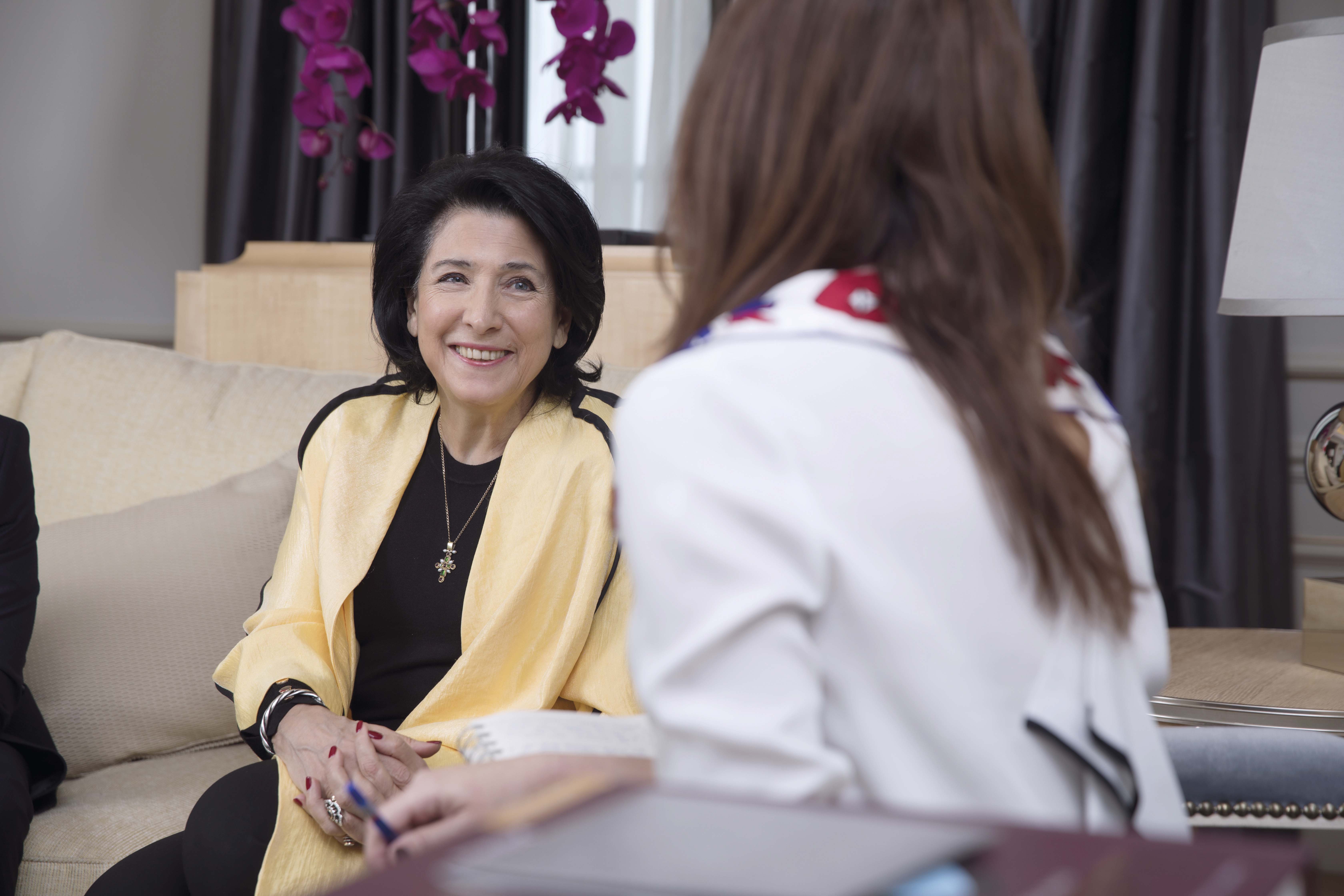
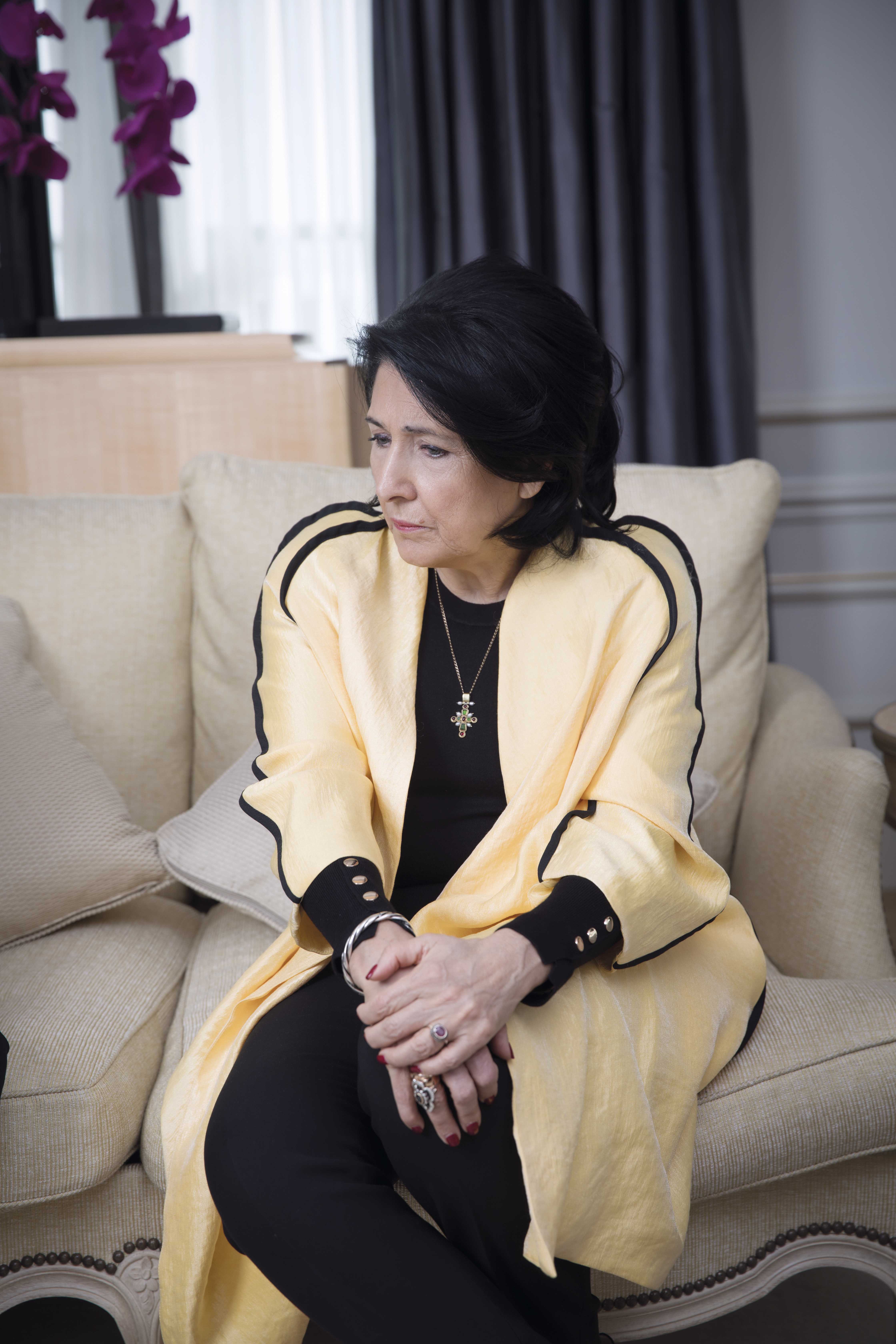
How were your views shaped, in particular, on women's rights? Did living in different countries with different cultural traditions affect you?
On duty, I often had to move. Indeed, the countries were very different – including by cultural traditions. But each of them has passed its own path of struggle for national identity and sovereignty, and these values have become key to their political life. Yes, of course, each of these cultural communities has left a mark in my life. Today we witness how women around the world gain their rights, they are increasingly involved in public and political life. However, for the sake of objectivity, it should be noted that sometimes this happens purely symbolically. So, at first, it would be necessary to ensure the activity of women in social and economic terms, and after that it will be possible to talk about their political role.
Did you manage to inculcate national values in children at constant moving?
If I start from my childhood, then my grandmother tried here – she always spoke with us in Georgian, and when I went to school, I didn’t even speak French. But with my children everything was different: I always gave them the opportunity to study the local culture. I think that the main thing is not to oppose "one's own" and "someone else's", but to enrich, to be able to assimilate new values into one's own culture. And I think that the preservation of one’s own identity and traditions is possible in an alien cultural environment. Unfortunately, now we often see how some communities prefer seclusion, isolation, and not to integrate, which, in turn, causes a negative and even hostile reaction from the surrounding society. In my opinion, integration in the country of residence, but with the preservation of one's own values, is the best way.
How do you remember your first visit to your historic homeland? How did you imagine Georgia? What feelings did you experience?
There were very high expectations. After all, I wanted to return to Georgia as much as 35 years! I and my ancestors lived so long away from home! Of course, we experienced nostalgic feelings, dreamed, drawing in imagination a beautiful country... And I was not disappointed, Georgia turned out to be exactly as I imagined it. True, I spent only three days in Tbilisi, and it was not easy to go outside the capital. And yet I met with beautiful people, with all my heart I felt my nation and felt my involvement in it.
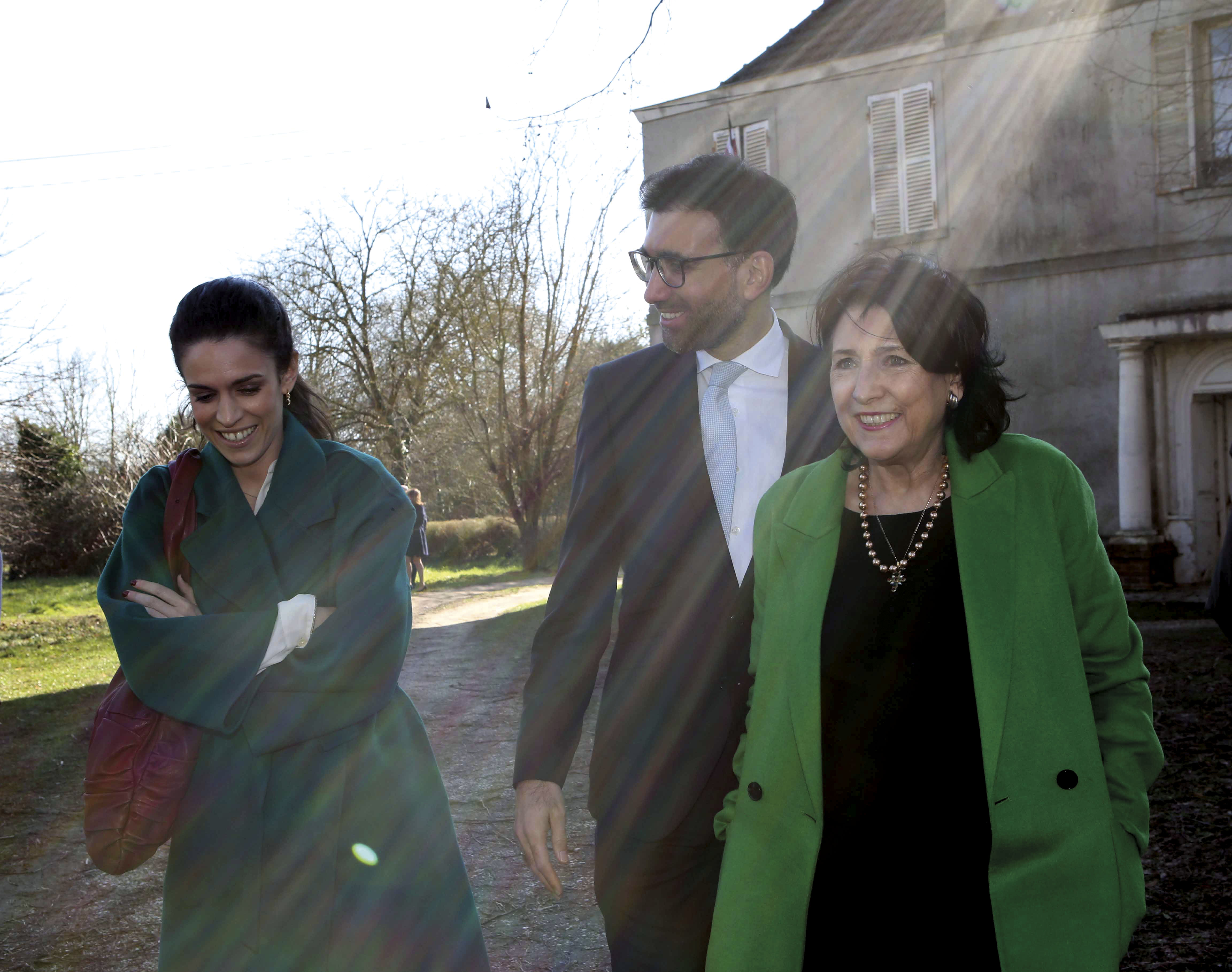
The program of the Georgian Dream – the party you created – included two important points: real, effective democracy and Georgian values justified by history. Let us dwell on the second paragraph in more detail. What specific values were meant?
I believe that both these points are equally important and should be considered in combination. Tolerance and preservation of national traditions are values that allowed Georgia to survive in difficult historical conditions, during periods of conquest and invasion. Georgia was attacked more than once, but despite this, it continued to maintain peaceful relations with countries that had previously tried to conquer it. In this regard, Georgia can be considered a kind of international exception... Therefore, it is necessary to combine the construction of a democratic, European legal system with the preservation of national values and traditions in order to remain ourselves in the modern world.
Your election victory showed that Georgia, with all the strength of patriarchal traditions, has made significant progress in gender policy. Have you encountered stereotypes about "female" and "male" professions in your career?
In the course of my political career – in France, in Georgia – I did not encounter gender stereotypes and prejudices. On the contrary, my belonging to the beautiful half of mankind has always been an advantage. The same can be said about the election. Considering everything that Georgia had to go through, people can be understood: they want a more balanced life and hope that a woman can guarantee this. Now all over the world we see progress in this issue: women occupy important positions in parliaments and governments, and in Azerbaijan, too, a woman has become the first vice president.

History remembers quite a few female governors and knows that sometimes they fought no worse than men. And yet I want to believe that the female hand will bring order, establish peace. After all, a woman in general is primarily associated with creation. Do you agree with this approach? Or is it already an obsolete stereotype?
I think it is true. Until recently, a woman, when she entered politics, should have had a male character: strength and political determination were considered the main qualities needed by any statesman. Today, the world has come to the fact that a woman can remain herself, even as a politician. She can maintain her style and also demonstrate a feminine look at politics. I do not want to oppose male and female approaches, but still women have a slightly different view of society and political phenomena. Perhaps they pay more attention to issues of culture, ecology, family ...
Since you mentioned style, let's develop this theme a little. Georgian stylists and fashion designers have long declared themselves in world fashion. Do you resort to their services? Or remain loyal to the French style?
Probably in my case, you can talk about the mix. I prefer the French style, it is close to me in spirit, but I also dress with Georgian designers, including those who work in the leading fashion houses in France, in particular, in Balenciaga. I am still wearing things from the Georgian designer, and at the inauguration I was also dressed in clothes from a domestic manufacturer.
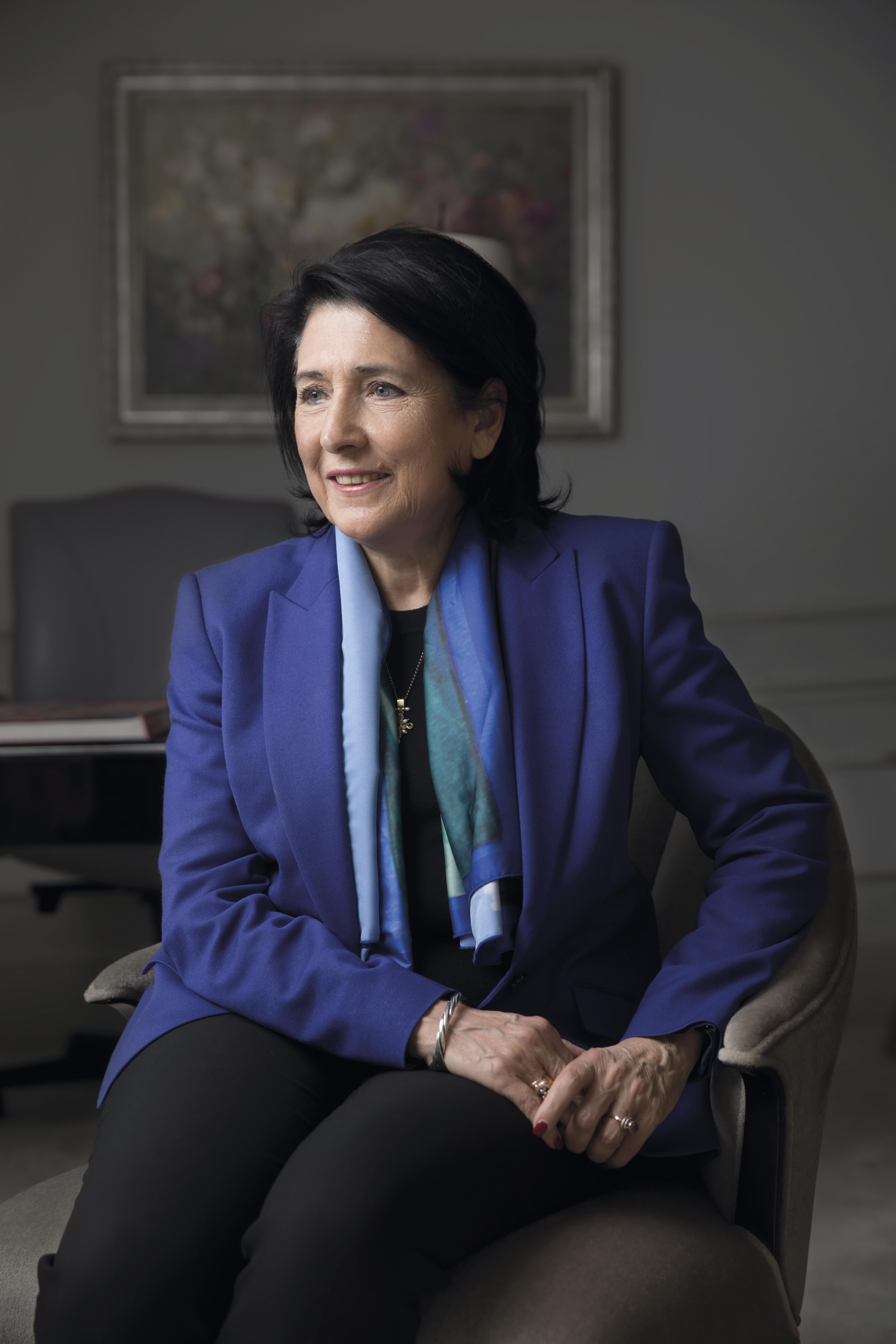
You have become the last president of Georgia, who was elected by popular vote. How do you think the change in the voting system will affect the election of the authorities and the whole situation in the country?
The changes affected the entire voting and management system. Today, Georgia is banking on the classical, parliamentary system, where the president is elected by the parliament. The people want to directly participate in power, to express their own interests. The term of office of the president has been extended and is now six years. This system is designed to satisfy the aspirations of the Georgian people.
What are the key tasks you set for these six years?
Of course, first of all, this is integration into the family of European nations, active participation in international politics. A lot to be done inside the country. A number of problems await solution, in fact, going beyond the framework of politics, but constituting the essence of the activities of the country's leadership: preservation of the natural environment, problems of social security, the economy, education, more balanced regional development and other issues.
In one interview you said: “I want to be an ordinary president who drinks coffee and walks the streets”. What other habits you are not planning to give up, being in the new status?
I think the main thing that you lose when you become president is personal freedom. But I want to keep a maximum of my habits: play sports, swim in the morning, chat with friends, cook dinner at home...
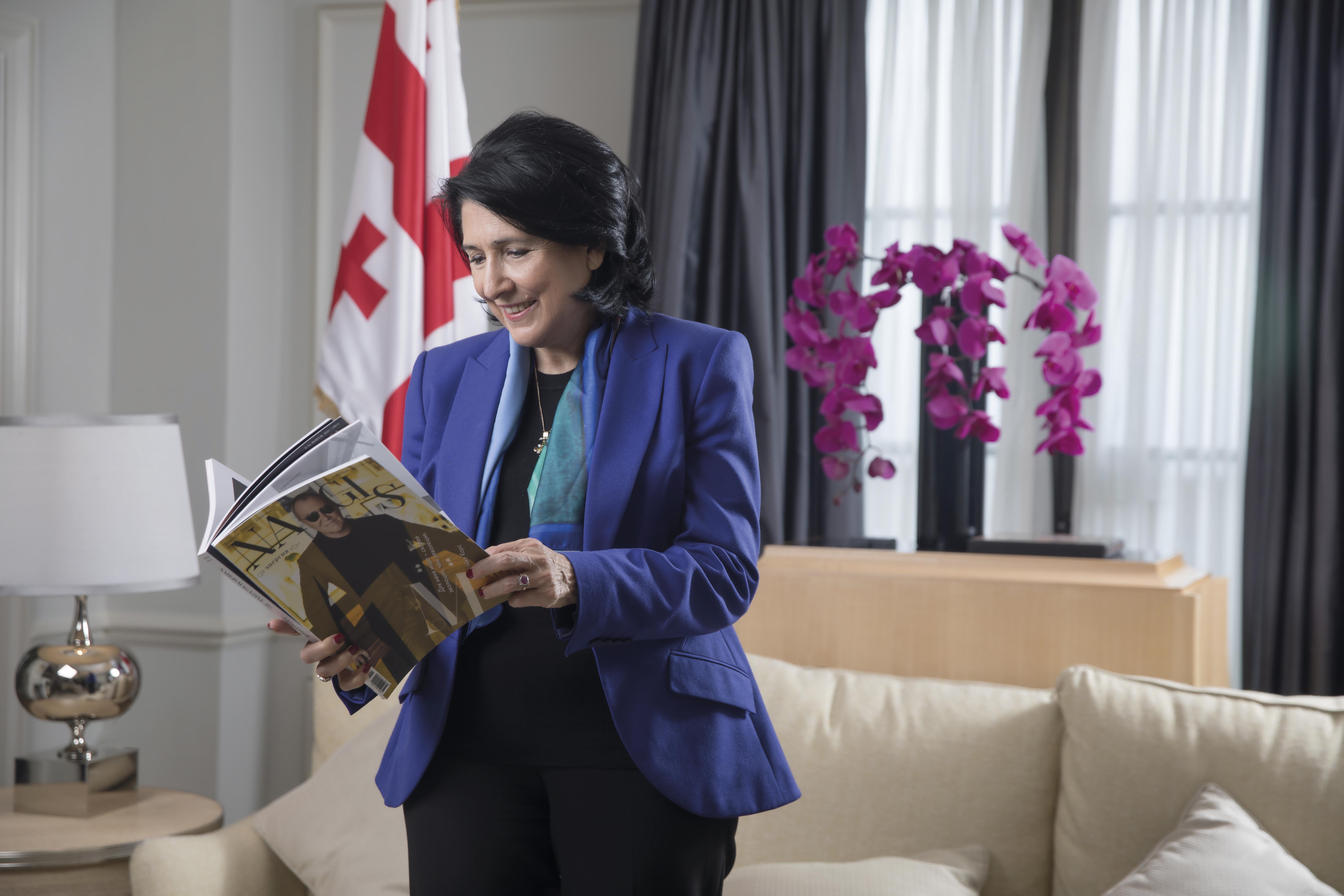
Interview by Nigar Maharramova
Photo by Parviz Gasimzadeh

